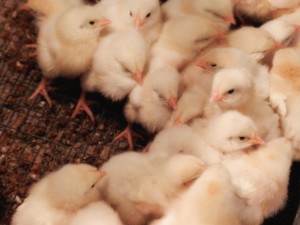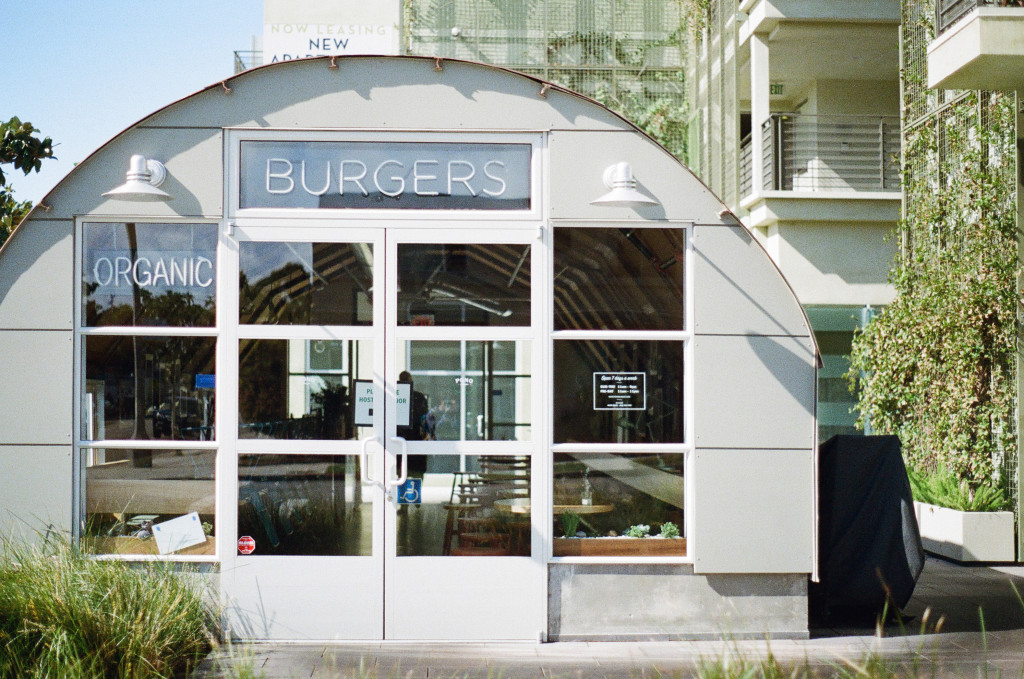Some vegans get very heated about those who go vegan primarily or initially for health or environmental reasons.
It’s true that the vegan diet and lifestyle (i.e. not using any animal products for clothes, footwear, accessories, sofas etc., or for our leisure, i.e. circuses and zoos) came about from the realisation that animals are sentient beings, just like us, and therefore deserve the same free, unhindered (at least by humans), safe lives that we do. Being vegan is about not being a part of cruelty and the unnecessary killing of animals, and some vegans think (not, at first glance, unreasonably) these are the only reasons one should call oneself vegan or refer to one’s diet as ‘vegan.’
They suggest that if your motivations are for health or the environment, you should call yourself ‘plant-based,’ and not vegan – the inference being that you care more about yourself than you do about animals.
I disagree with this.
Certainly, I GET this stance, and why some would feel strongly about this. I know that the original idea of a vegan diet evolved around animal rights – and OF COURSE, not eating/using animals IS the defining feature of the vegan lifestyle. It is nothing but admirable when someone decides to go vegan purely out of empathy for animals.
Several big vegan bloggers rarely blog about health or environmental issues, and have quite a large focus on delicious vegan junk food (I LOVE these blogs btw). Their reasons for being vegan are purely ethical, and I have nothing but admiration and respect for these guys.
But, if going vegan was exceptionally bad for our health and the environment – would anyone still be vegan? Really? I’m not sure I would. Does that make me a big ol’ monster?
Cards on the table. If you’ve read my ‘About’ page, you’ll know I went vegan as a late teen, predominantly for health/vanity reasons (so I wasn’t St Francis of Assisi as a teen; if you were – great! We need more people like you in the world, but I was pretty self-absorbed). After a while however, I evolved (thank goodness!). I also stopped wearing animal products, and buying them for non-food reasons. Now, the knowledge that my way of eating harms no-one, benefits my health, and treads the lightest on the planet, thrills me equally on all three counts.
I fully believe that those who embrace a vegan diet, even if initially it’s more for personal health or environmental reasons; are very likely to discover more and more information on all the other reasons, the more they progress and learn.
The viewpoint that they shouldn’t call themselves ‘vegan,’ for me feels like narrow thinking. It’s a little simplistic and reductive. I also don’t believe Donald Watson (inventor of the word vegan) would sue me for feeling this, and here’s why:
There are two main points that this viewpoint fails to take into account.
1. Humans are animals too.
2. The utter interconnectedness of ALL life.
Humans are animals too
It’s not complicated. We are animals. There are three categories of, er, stuff, in the world – animal, vegetable, mineral. The last time I looked it wasn’t – human, animal, vegetable, mineral.
If you MUST distinguish, then it’s human animals and non-human animals.
If you say you’re ‘going vegan for the animals’ you are inferring that you’re NOT an animal. You’re separating yourself from non-human animals.
If we look after ourselves, then we ARE looking after all other animals. If we are healthy and well, we can better be present for the needs of ALL OTHER human and non-human animals. If we are sick, fatigued, depressed and aching due to poor diet and habits – we are no good to anyone. If we are vibrant, happy and radiating joy and light, we are a positive influence on every being we come across.
It is NOT shallow or superficial to prioritise your health.
If OUR wellness needs are met we become happier, and can be more empathetic to the suffering of others, and more ready to serve and help them.
The interconnectedness of all things
Is it just a happy coincidence that going vegan (providing it’s a well-balanced, varied diet of course) is one of the best things we can do for our physical, mental and spiritual health, AND for non-human animals AND the health of the planet? Isn’t it good that the health and environmental benefits may give us added motivation to go and stay vegan?
I believe these three things are completely interconnected. If I am healthy and happy, I am able to spread light and be present for everyone I come into contact with. And if I’m improving the environment – who benefits? ONLY EVERYONE! That’s every non-human and human animal that lives now and will live in the future.
An environmental concern caused by livestock farming is habitat loss. When jungles, forests, and other wild landscapes are razed to the ground to make way for grazing or growing feed crops, so wild animals lose their habitats, and thus, often, their lives as a consequence.
Again – going vegan benefits ALL animals, not just the ones bred for food.
————————————————————————
Previous famous vegetarians and vegans seem to have known that the ethical and general ‘wellness of the world’ elements go hand in hand. For example, clever old Albert Einstein said:
‘I have always eaten animal flesh with a somewhat guilty conscience.’
This suggests he is very much concerned with the morality of eating meat.
Yet he also says:
‘It is my view that the vegetarian manner of living by its purely physical effect on the human temperament would most beneficially influence the lot of mankind.’
And:
‘Nothing will benefit human health and increase the chances for survival of life on Earth as much as the evolution to a vegetarian diet.’
He does not separate the benefits that a vegetarian/vegan diet bestows – they are all linked.
Romantic English poet Percy Bysshe Shelley wrote a piece in the nineteenth century promoting an animal-free diet called ‘A Vindication Of Natural Diet‘ (worth a read if you have a spare half an hour).
In it, he says
‘the ardent devotee of truth and virtue…it will be a contemplation full of horror and disappointment to his mind, that beings capable of the gentlest and most admirable sympathies, should take delight in the death-pangs and last convulsions of dying animals.’
From this we know he is horrified by animal cruelty.
He goes on:
‘The most valuable lives are daily destroyed by diseases, that it is dangerous to palliate and impossible to cure by medicine. How much longer will man continue to pimp for the gluttony of death, his most insidious, implacable, and eternal foe? The proselyte to a simple and natural diet, who desires health, must from the moment of his conversion attend to these rules— Never take any substance into the stomach that once had life. Drink no liquid but water restored to its original purity by distillation.’
He got it.
It’s true that there are a few ex-vegans out there (who are, unfortunately, very vocal on the internet) who went vegan for weight/health issues, couldn’t make it work, and then made a big noise about how their body needed animal products again (which is highly unlikely).
But don’t let these people spoil it for the rest of us. And know that it’s okay that a person’s motivations for being vegan are informed by several issues.
Eating healthily for ourselves and sustainably for the environment IS great for animals too.




